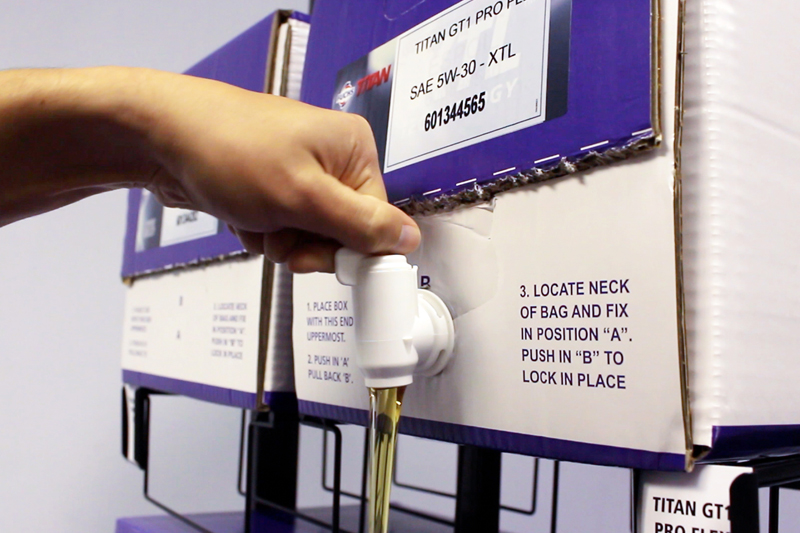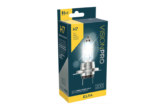
A decade ago, a motor factor could service the needs of the majority of its customers by stocking 15W-40 and 10W-40 grade engine oils. Unless the car was unusual, one of those would have worked just fine. Unfortunately, the market today is far more complicated, and the oil shelves are only going to get more cluttered in the years to come, warns Fuchs Lubricants.
“It all boils down to CO2 and emissions. There are new CO2 targets due in 2020 and OEMs know how important it is for them to meet these, failure to do so results in hefty fines. One of the many ways OEMs are going to do that is by using the right oil and tyres, which are both critically important in terms of efficiency and fuel economy,” explained Andy Brown, UK Automotive Technical Manager at Fuchs.
“In each model of car, components are naturally slightly different. When it comes to oil, the piston rings and the upper cylinder area are of great interest as frictional losses in these areas are high and each OEM engine design demands different additives in the oil to help lubricate these crucial parts.
“In a nutshell, that’s why we have so many products today. Though we have several products at the same viscosity, 5W- 30 for example, the additives in them are slightly different, designed to deal with specific needs of the OEM’s components. “The temptation is for a motor factor to recommend an oil, which, on the face of it, appears to be very similar to what is being recommended in the handbook. It might be that it works fine for a few months, and the formulation might indeed be very similar, but this is something we’d obviously advise against.
“Using an oil which has not been approved by the OEM risks invalidating the warranty. If something goes wrong with the car’s exhaust system, the first thing they’ll check is the oil. If it’s found that the wrong oil has been used, there are no comebacks. The terms of the warranty have been broken.”
So, what does this mean for motor factors? Ultimately, for many, it means a greater selection of oils in stock – in smaller packs. Fuchs has seen demand for the traditional 205L barrels decrease, with more customers opting for the 20L Lube Cube packs – or smaller – and the flexibility they provide.
Some of Fuchs’ national motor factor customers are buying two 5L packs to complete an oil change on a specific engine, simply because they do not have the room to stock the number of oils required to service every vehicle.
Andy said, “It’s just not feasible for motor factors to have eight or nine barrels of oil in stock at all times. That’s partly why we created the 20L Lube Cube. As well as the environmental benefits, as its 100% recyclable, they can be easily stacked on top of each other and can be broken down to almost nothing once empty, the inner plastics washed and then placed with the normal recycling waste.
“We commission car parc analysis which looks at how many oils are required to service a high percentage of the cars on the roads. A business would have to stock more than nine different engine oils to cover around 95% of the UK’s car parc – and probably double that to have the right product for every car.
“For many motor factors, it’s about rationalisation: what is the greatest number of vehicles which can be covered by stocking the fewest number of oils?
“We still get people coming to us saying they want to use just two products. Well, it’s just an unacceptable rationalisation. We know for a fact that if the wrong oil goes into a vehicle in as little as three months later, it could be in the garage with warning lights on. Even if it’s just a top-up, eventually you’ll end up having more of the top-up oil in the engine than the correct one, and we know that doesn’t work.
“You’ve got to be ethical and you’ve got to make people aware of the consequences of using the wrong oil. I think there is still a huge gap in knowledge when it comes to the importance of oil – often amongst motor factors, as well as the general population.”







